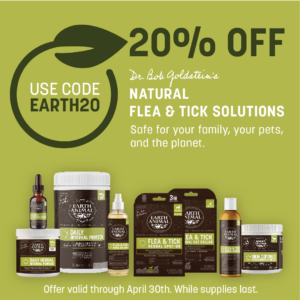We can often be afraid of dietary fat, believing that it can cause our animals to be overweight and clog their arteries, giving them heart disease, among other unhealthy outcomes. But not all fat is created equal, and, in fact, some fats are actually healthy. Fats and fatty acids are crucial to animal health, providing energy, serving as building blocks of cell membranes, promoting healthy growth and development, and reducing inflammation,among other things (todaysveterinarypractice.com). But balance is key when it comes to fatty acids and health; too little or too much can lead to poor health outcomes.
Essential Fatty Acids (EFAs) are nutrients that the body needs but doesn’t produce on its own, so they must come from dietary sources. For cats and dogs, omega-6 and omega-3 fatty acids are the required EFAs. Basically, omega-6 EFAs fight infection and injury by turning on the inflammatory response, while omega-3 EFAs reduce inflammation. Getting this balance right is essential to good health.
Linoleic acid (LA) is an omega-6 EFA necessary for cats and dogs, and arachidonic acid (AA) is an omega-6 necessary only for cats (todaysveterinarypractice.com). Not getting enough of these omega-6 EFAs can result in problems with skin and coat and reproduction because the body will not have appropriate inflammatory responses (todaysveterinarypractice.com).
There are three omega-3 EFAs required in dogs and cats: alpha-linolenic acid (ALA), eicosapentaenoic acid (EPA), anddocosahexaenoic acid (DHA). Omega-3 EFAs can help ease joint disease, heart disease, and kidney disease because of omega-3s anti-inflammatory benefits (vetnutrition.tufts.edu).
Prime sources of these EFAs include flax seed oil, soybeans, seeds and nuts, and deep-water fish such as salmon, sardines, and mackerel. In addition, most commercially produced animal foods conform to minimum standards for amounts of EFAs present. However,heat processing, chemical additives and preservatives, and the presence of saturated fats in the food can limit the effectiveness of the EFAs found in the food. We recommend supplementing your animal companion’s diet with omega-3-rich flax seed and fish oils. As with any supplement, check with your veterinarian before giving additional EFAs to your animal to ensure that the supplement is appropriate for your animal needs.







